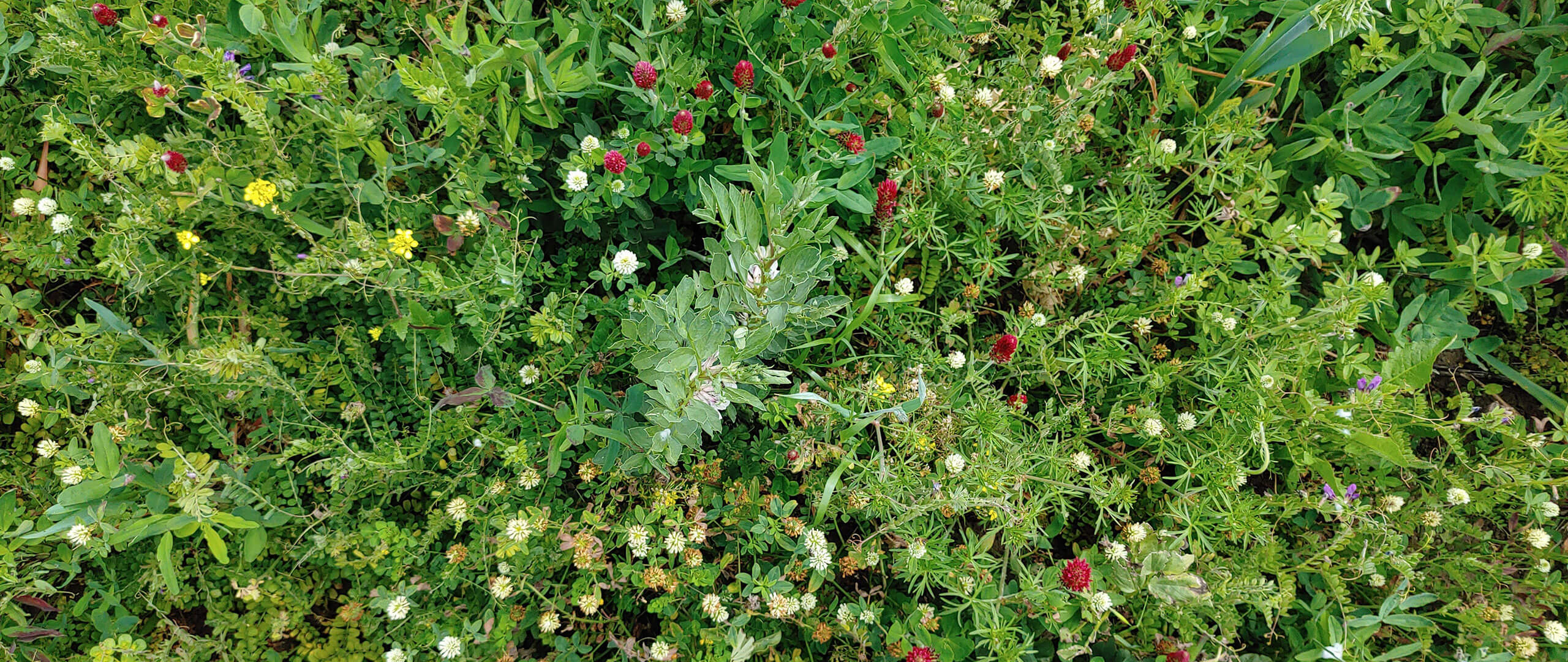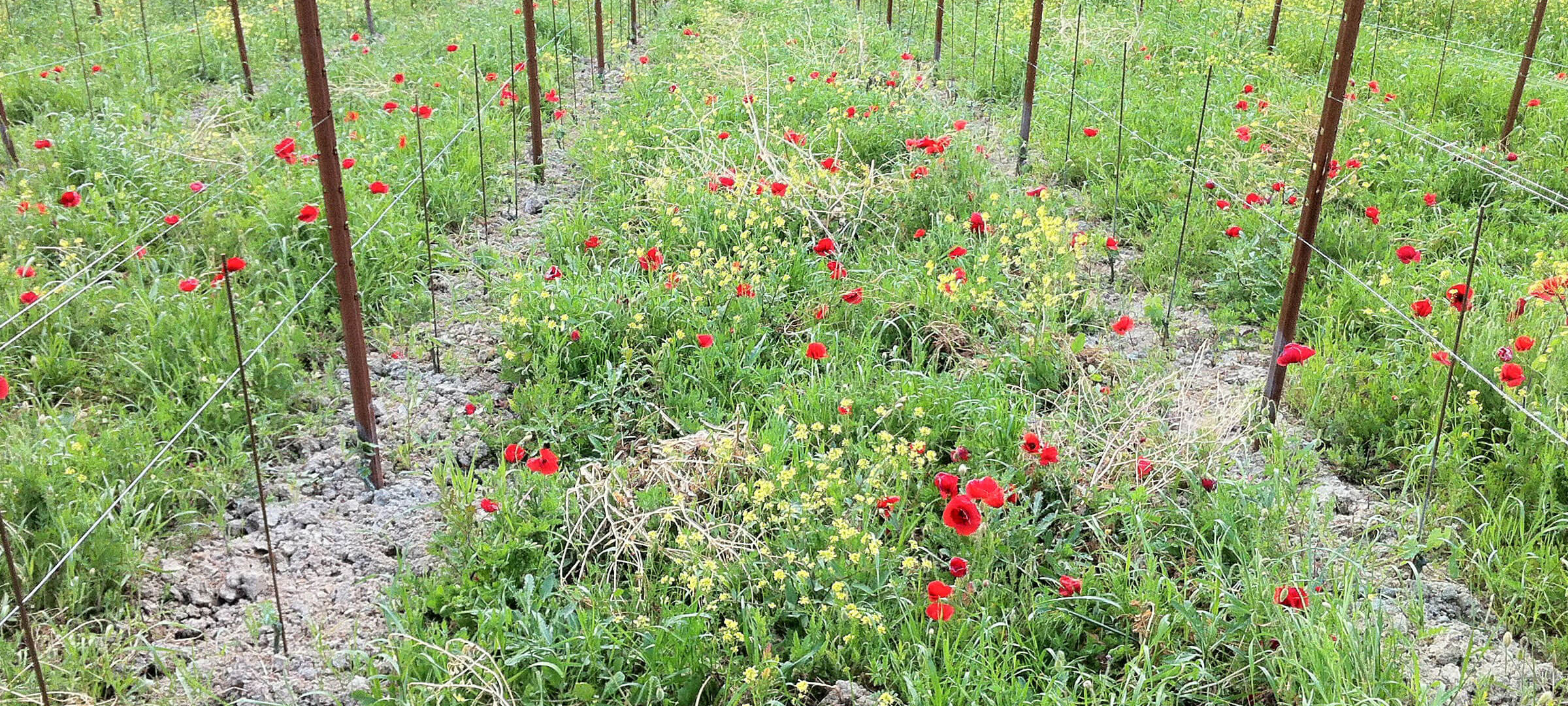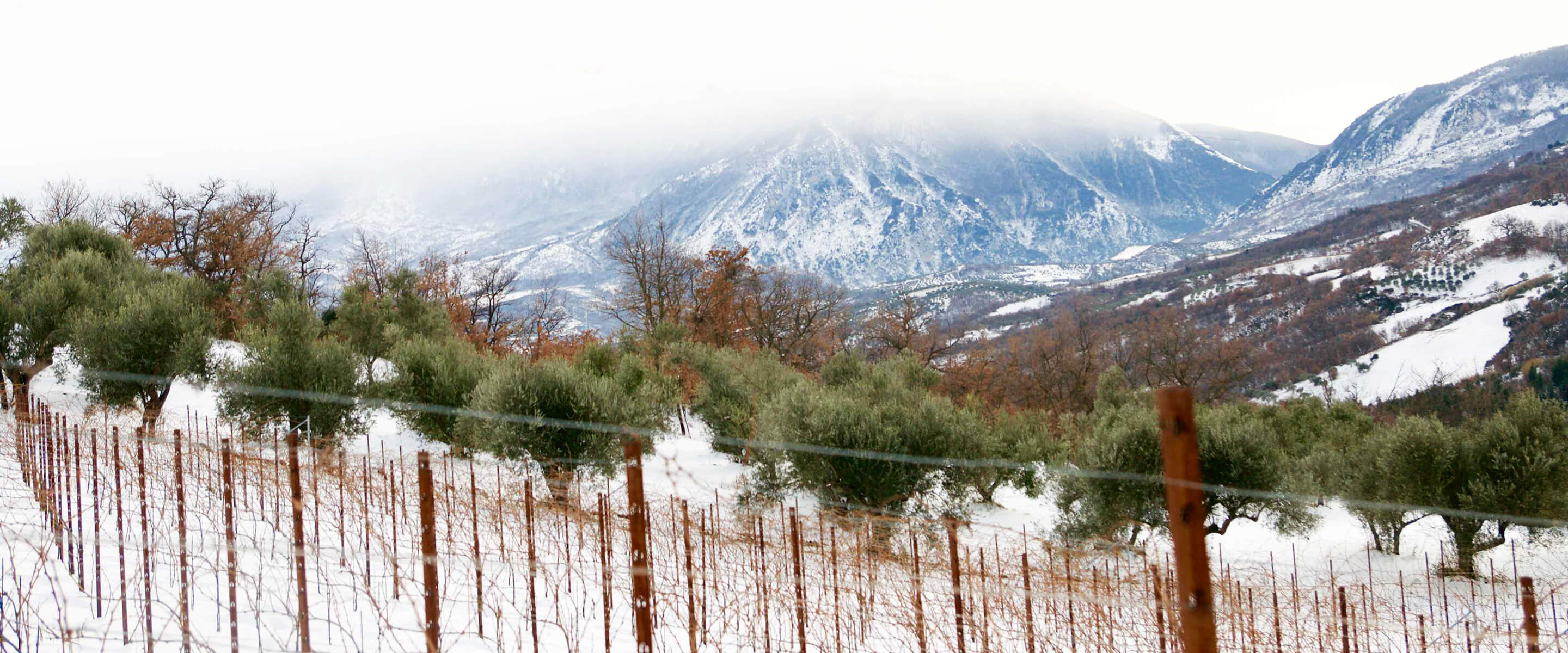We are a farm. First and foremost.
At Caprera we make wine, olive oil and pasta.
Above all, we are all about farming.
To cultivate: in Latin language it literally means "caring for".
The idea of caring for something is today almost detached from the process of producing the food we eat.
And humans are increasingly more distant from the origin of life.
Farming in firstly about soil, hence bacteria, earthworms, clay, seeds, roots, green and animal manure, humus. And leaves, gems, branches. And manual work
Scissors and hoes. Tractors and tools.
Farming means acknowledging complexity, operating for balance, learning patience, accepting the limits of human action on nature, observing, letting go, doing and not doing.




